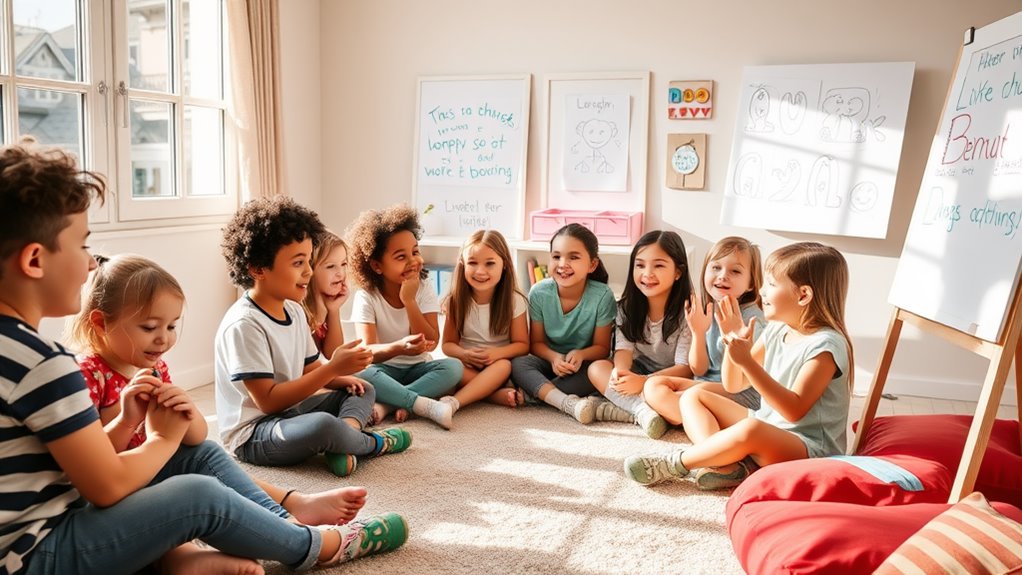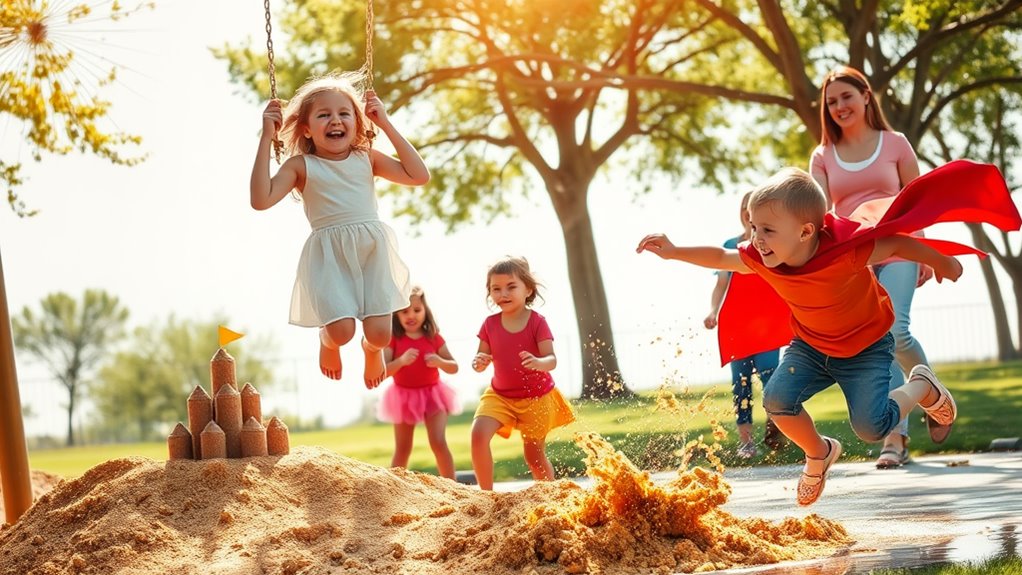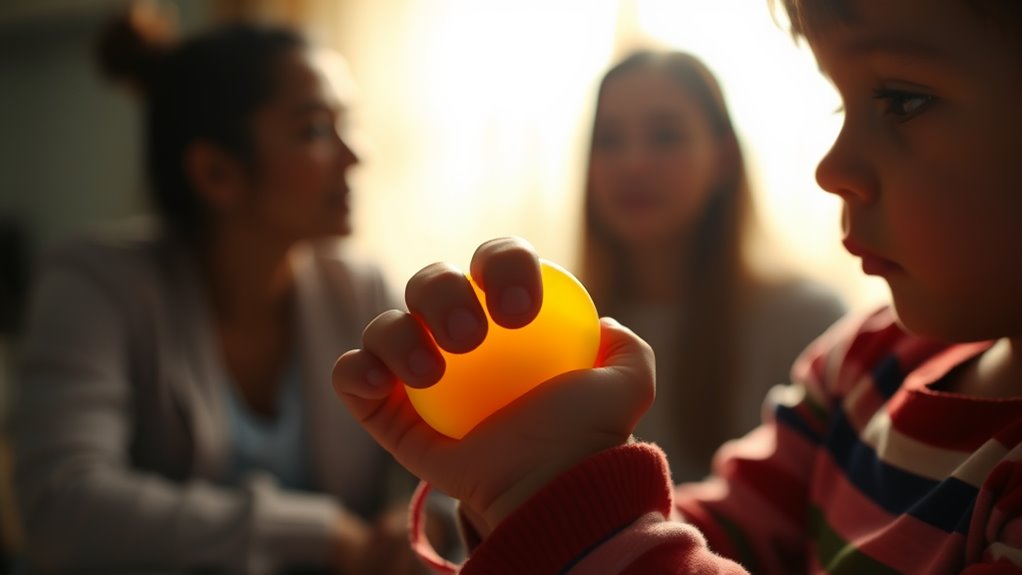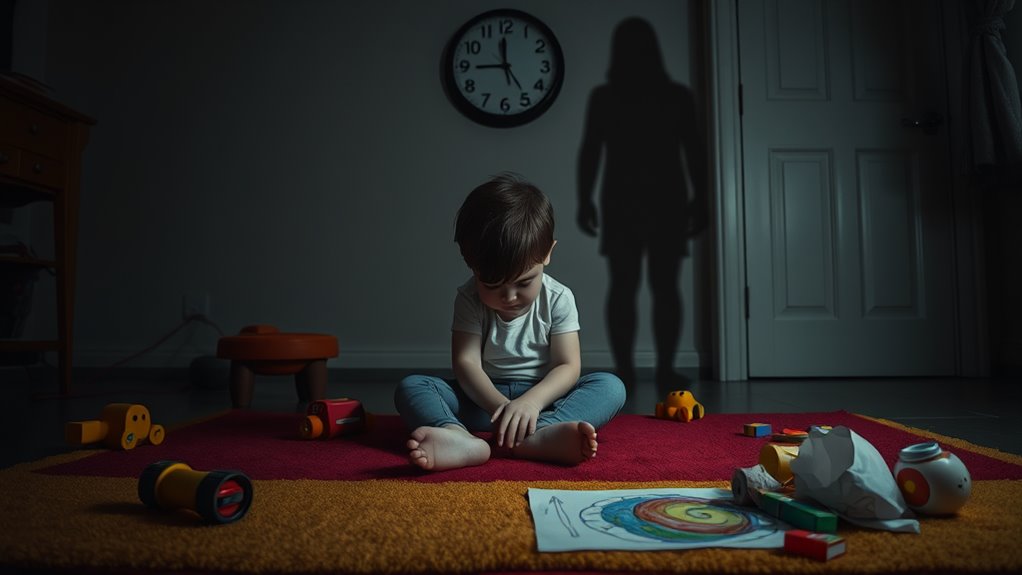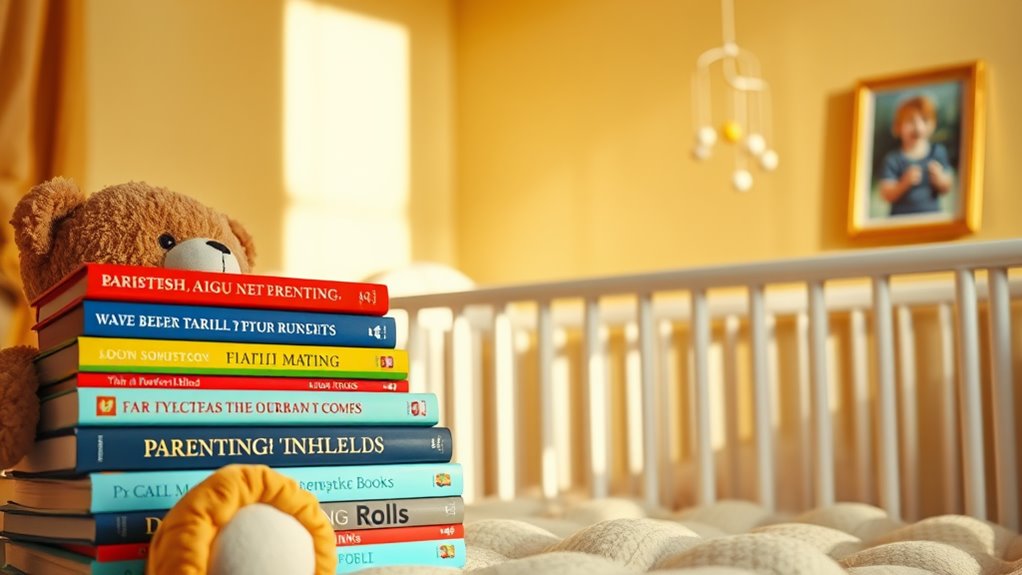Social skills groups for children with autism are awesome places where kids can learn to connect with others while having fun! In these groups, your child will practice understanding social cues and sharing ideas with their peers. They’ll engage in cool activities like role-playing and teamwork games, all guided by friendly facilitators who make learning enjoyable. Plus, parents can join in on the journey too, helping reinforce what their little ones learn. With smaller group sizes for more personal attention, these sessions can really boost your child’s confidence. Stick around, and you’ll discover even more tips for supporting your child’s growth!
Understanding Autism and Social Skills
Many children with autism face unique challenges when it comes to social skills. You might notice they struggle with understanding social cues, like facial expressions or body language. While most kids pick up on these signals naturally, children with autism often need a little extra help. It’s not that they don’t want to connect with others; it’s just that their brains process social interactions differently.
Imagine walking into a room full of people laughing and chatting, but all you hear is a jumble of voices. That’s what it can feel like for some kids with autism. They mightn’t know when to jump into a conversation or how to ask someone to play. You can help them by encouraging practice in friendly settings.
It’s important to remember that every child is unique. Some might be super shy, while others can be quite outgoing. They just might need a bit of guidance to navigate social situations.
Importance of Social Skills Groups
Social skills groups provide a supportive environment where children with autism can practice and enhance their social abilities. These groups are like a fun playground for learning, where kids can safely explore interactions with peers.
You’ll find that practicing social skills in a group helps your child feel less alone. They can share experiences, which makes learning exciting and relatable.
In these groups, children learn to read social cues, like body language and facial expressions. It’s a bit like playing detective! They’ll discover what different signals mean, building confidence in their interactions.
Plus, being around other kids encourages them to express themselves, share their thoughts, and even crack a joke or two.
You might even notice your child starting to use these skills outside the group, whether at school or during playdates. Isn’t that amazing?
Social skills groups also help in reducing anxiety about social situations. When kids practice these skills repeatedly, they feel more at ease.
Key Benefits for Children
Joining a social skills group can unearth a treasure trove of benefits for children with autism. First and foremost, these groups provide a safe space where kids can practice their social skills without the pressure of judgment. Imagine a friendly environment where it’s okay to make mistakes! That’s what you get here.
Your child will learn how to communicate better, which opens up new friendships. They’ll also get to boost their confidence as they interact with peers who share similar experiences. Plus, they can pick up important nonverbal cues, like facial expressions and body language, which can be tricky to understand.
Another great perk is the chance to explore teamwork. Whether it’s playing games or working on group projects, learning to collaborate is a valuable life skill.
And let’s not forget the fun! These groups often incorporate enjoyable activities, making social learning feel less like a chore and more like playtime.
In short, social skills groups can be a game-changer, providing your child with tools they’ll use for years to come. So, why not give it a try? Your little one might just surprise you!
Structure of Social Skills Groups
Understanding how social skills groups are structured can help you see how they support your child’s development. Typically, these groups consist of a small number of children, usually around five to ten. This smaller size helps your child feel less overwhelmed and allows for more personalized attention. Each session usually lasts about an hour, which is just enough time to engage in the fun without losing focus.
Sessions often start with a warm-up, like a quick game or a chat to break the ice. Then, the group moves on to more structured activities that focus on different social skills, such as sharing or taking turns. Your child will have opportunities to practice these skills in a safe, supportive environment.
Trained facilitators guide the sessions, helping kids understand the rules of social interaction. They might even use role-playing to make things more interesting. Plus, they provide feedback, so your child learns what works and what doesn’t.
The atmosphere is usually relaxed and encouraging, making it easier for kids to try new things without fear of judgment. Overall, this structure makes learning social skills a lot less intimidating and a lot more fun!
Activities and Techniques Used
While engaging in social skills groups, children participate in a variety of activities designed to enhance their interpersonal abilities.
These activities often include role-playing, where kids act out different social situations. Imagine pretending to order food at a restaurant or asking to join a game—this helps them practice what to say and how to respond.
Games are another fun way to build skills. Think of classic games like “Simon Says” or “Charades,” which encourage teamwork and communication.
These playful activities not only make learning enjoyable, but they also teach important lessons about taking turns and listening to others.
Art projects can also be part of the mix. Working together on a craft allows kids to express themselves while also learning to share ideas and collaborate.
Even simple discussions about feelings or daily experiences can be included, helping them understand emotions and how to talk about them.
Role of Facilitators and Therapists
Facilitators and therapists play a crucial role in guiding social skills groups for children with autism. They’re like the captains of a fun ship sailing through the sea of social interactions.
These professionals create a safe and welcoming environment where kids can learn and practice new skills without fear of judgment.
You’ll find that facilitators and therapists use various strategies to keep everyone engaged. They lead group activities, encourage participation, and help kids understand social cues.
Imagine a game of charades where they’re not just playing but also teaching kids to express themselves through gestures and facial expressions. That’s how they roll!
They also help children navigate tricky situations, like when someone wants to join in a game but isn’t sure how to ask.
With guidance, kids can learn to overcome these challenges, building confidence along the way. Plus, they provide feedback, celebrating achievements—big or small—making everyone feel like a superstar.
Parent Involvement and Support
Parents play an essential role in the success of social skills groups for children with autism. Your involvement can make a big difference! When you participate, you not only show your child that these skills matter, but you also help reinforce what they learn in group sessions.
Plus, it’s a great way to connect with other parents who understand your journey.
You can support your child by practicing social skills at home. Try role-playing different scenarios, like sharing toys or starting a conversation. It might feel a bit silly at first, but your child will appreciate having a safe space to practice without any pressure.
Remember, laughter can be a powerful tool; a little humor can lighten the mood and make learning fun!
Also, don’t hesitate to communicate with the facilitators and therapists. They can provide you with tips and resources to help your child succeed.
And let’s be honest, sharing your experiences and challenges can create a supportive community that benefits everyone involved.
Measuring Progress and Success
Measuring progress and success in social skills groups for children with autism is crucial for understanding how well your child is developing these essential abilities. You want to celebrate those little victories, right?
Start by tracking your child’s participation in activities and their interactions with peers. Are they more engaged during group discussions? That’s a great sign!
You can also look for improvements in specific skills, like sharing, taking turns, and making eye contact. Keeping a journal can help you note these changes over time. It doesn’t have to be complicated—just jot down moments when your child shows growth or tries something new.
Additionally, consider asking the group leader for feedback. They’ve valuable insights and can provide you with examples of progress you mightn’t see at home.
Remember, success isn’t just about big leaps; it’s often about those small steps that add up over time.
Celebrate each milestone, no matter how small, because every bit counts. And don’t forget to have fun with it! Measuring progress should feel like a team effort, so enjoy the journey together as you watch your child bloom.
Finding the Right Group
Finding the right social skills group for your child with autism can feel like a challenging task, but it’s essential for fostering their growth. You want a group that matches your child’s needs, interests, and abilities. Start by looking for groups that focus on social skills training specifically for kids with autism. Check if the facilitators have experience working with children on the spectrum, as this can make a big difference.
Next, consider the group size. Smaller groups mean more individual attention, which can help your child feel more comfortable. Pay attention to the activities offered, too. Does the group focus on role-playing, games, or discussions? Choose what you think your child would enjoy most.
Don’t forget to trust your instincts! If a group feels right during a trial session, it probably is. But if your child seems anxious or disengaged, it might be time to look elsewhere.
Resources for Parents and Caregivers
Maneuvering the world of social skills groups can be overwhelming, but various resources are available to support you and your child. First, consider local autism support organizations. They often provide valuable information about social skills groups, workshops, and events that can be helpful.
You can also check out websites like Autism Speaks or the Autism Society, which offer guides and tools for parents.
Don’t forget about social media! There are numerous online communities where parents share their experiences, tips, and advice. Joining a Facebook group or forum can help you connect with others who understand what you’re going through. Plus, it’s a great way to share a laugh or two!
Books and articles on autism and social skills can also offer insights. Look for titles that focus on practical strategies for improving communication and interaction. Libraries and bookstores usually have a good selection.
Lastly, consider talking to your child’s therapist or school counselor. They can provide recommendations tailored to your child’s unique needs.

